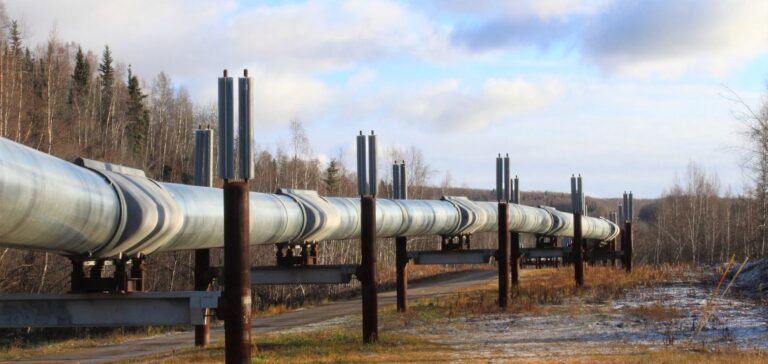Gas consumption in France dropped by 5.5% in 2024, according to NaTran (formerly GRTgaz). This decline is largely attributed to the reduced output from gas-fired power plants, whose consumption fell by 56% compared to 2023, hitting a historic low not seen in the past decade. The 12 gas-fired power plants in the country consumed just 16 TWh, the lowest level recorded in ten years.
Renewable and nuclear energy rise
The reduction in gas consumption from power plants was offset by an increase in low-carbon electricity production. In 2024, nuclear production rose by 13%, while renewable energy (solar, wind, and hydro) increased by 12%. These energy sources contributed to producing 95% low-carbon electricity, thereby reducing reliance on gas-fired power plants.
Stabilisation of industrial consumption
Gas consumption in major industrial sites showed slight stability, with a modest increase of 0.8%, reaching 109 TWh. This rise is relatively small compared to trends seen in the domestic and small business sectors, where consumption continued to decline. Indeed, the consumption of households, businesses, and small industrial users fell by 0.6%, totalling 235 TWh.
The impact of energy sobriety efforts
Energy sobriety efforts, initiated after the outbreak of the war in Ukraine, have led to lasting changes in consumer behaviour. “The sobriety measures put in place have sustainably altered consumer behaviour in this sector, and these efforts continue to persist, particularly in 2024,” said Sandrine Meunier, CEO of NaTran. This trend suggests that the reduction in gas consumption may become a structural phenomenon.
A return to 1990s consumption levels
In total, national gas consumption reached 361 TWh in 2024, down from 381 TWh in 2023. This level is the lowest observed since the 1990s, a time when gas consumption in France was much lower and the population was considerably smaller, with fewer than 60 million inhabitants compared to nearly 68 million today.






















